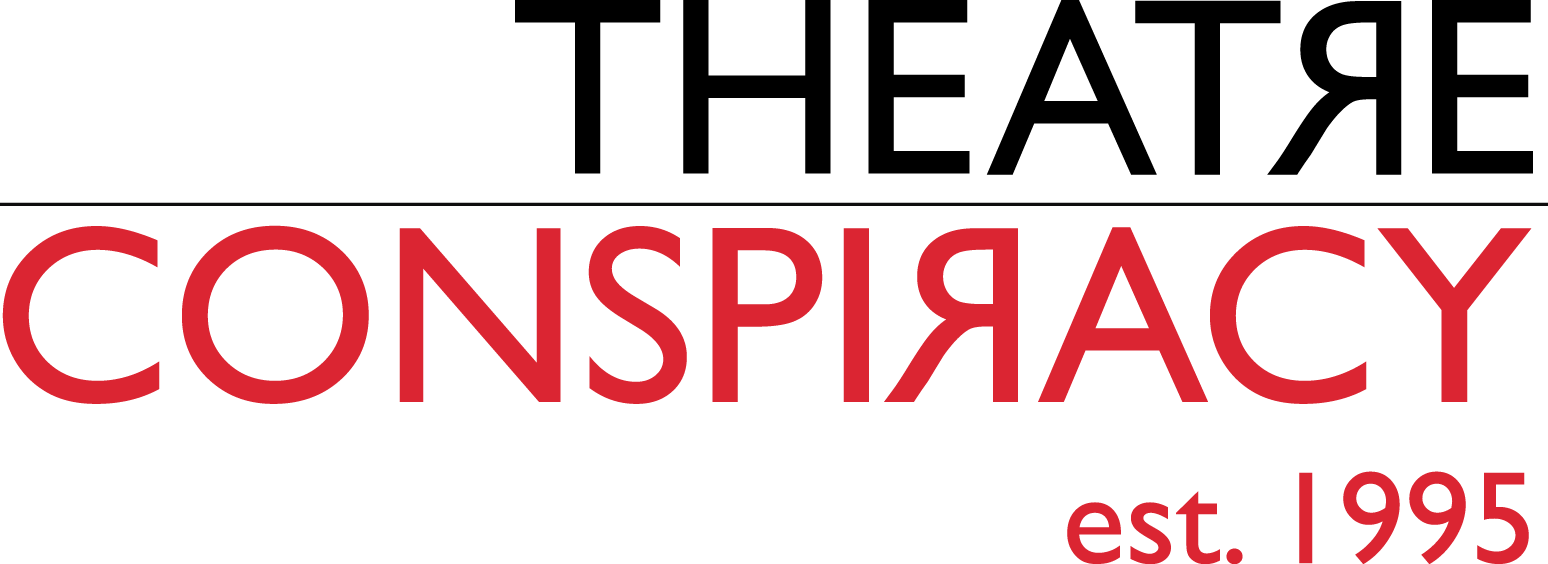Privacy's pricetag
By Tim Carlson, Theatre Conspiracy's Artistic Producer
How soon until we think of privacy as just a product, rather than a right?
I’ve been thinking a lot about this idea since starting research on Foreign Radical.
And I’ve been thinking more about it since seeing a photo of Obama in his privacy tent recently. When he’s on the road, the Sensitive Compartmented Information Facility is set up in his hotel room, a special shield against the prying eyes and ears of oppressive regimes, allies, media and, probably, staff — all of whom have books to write upon leaving the White House.
The Sensitive Compartmented Information Facility reminded me of the anti-drone hoodie unveiled at the Stealth Wear fashion show in London back in March.
Cyber surveillance and warfare have generated glorious business opportunities for the hacker, the ex-NSA entrepreneur, security-aware fashion designer and tent maker.
Thankfully, we can trust business with our privacy concerns moreso than say, our own government, or snakey outfits like Communications Security Establishment Canada (where recently they had a fire before even moving into their Ottawa “Spy Palace”).
I’m guessing designers at MEC, Lululemon and The North Face are sourcing drone-and-surveillance-retardant material and Cambodian factory time right now. After all, stealth wear has as many applications for out-of-bounds skiers or yoga practitioners with irregular-shaped asses as it does for the average Pakistani citizen.
We’re not talking just utility, but innovation as well: the obsolescence of the personal anti-drone hoodie or Sensitive Compartmented Information Facility-for-the-Home-and-Office needn’t even be planned, cutting entire floors of staff out of the capitalist model and saving billions on meeting time. This is because legions of dedicated Chinese wage slaves, recent MIT grads and Russian gangsters are working quietly online to ensure there’s the tech available to break through our stealth fashions before we even zip the goddamn things up.
At least we’re becoming more aware that privacy might be an issue. Rather than be slack-assed citizens of democracy, assuming privacy as a right, we can be more pro-active.
Things could be worse than being in a situation where we might learn something.
Prior to the advent of desktop publishing it was only typesetters and graphic designers who knew anything about type fonts. Now it’s knowledge as basic as the alphabet. Knowledge of encryption will soon be as Grade One as that, with pop-down menus and idiot retardant prompts.
Loss of privacy, corporate income potential, educational opportunities, stealth wear— I’m looking forward to exploring these themes further in Foreign Radical.
• • •


